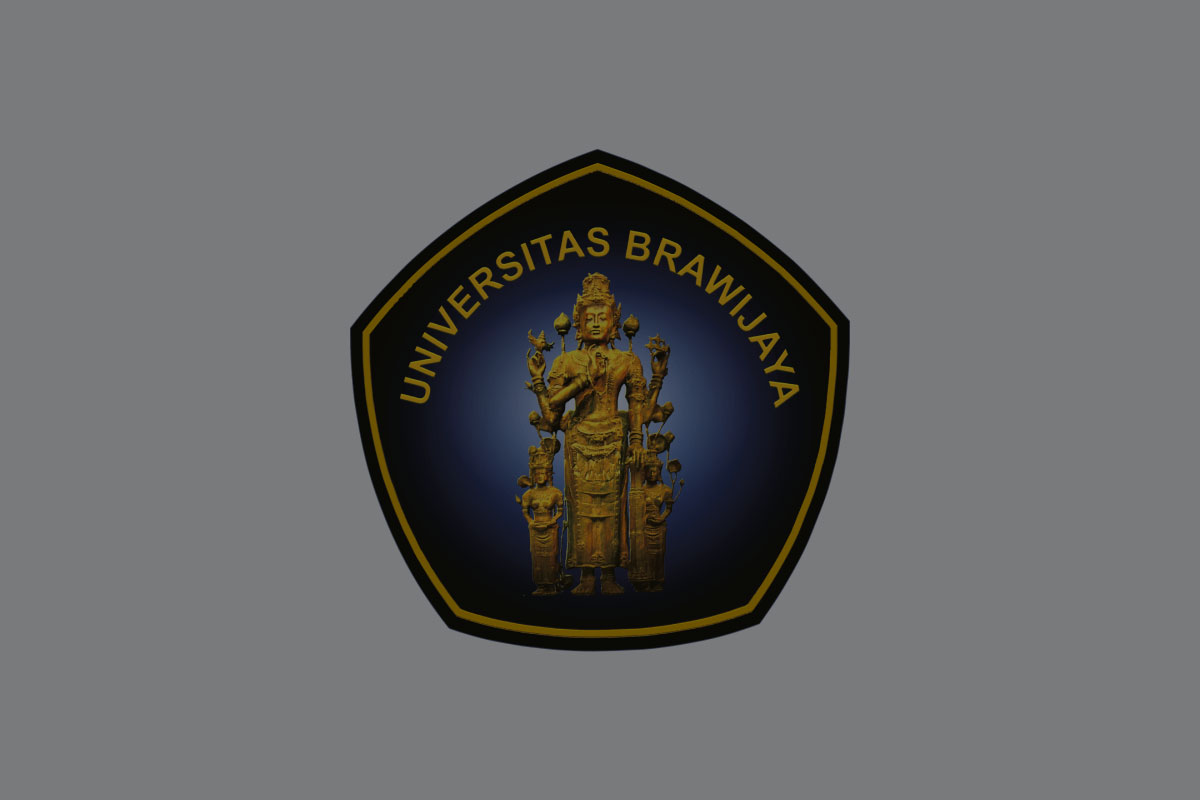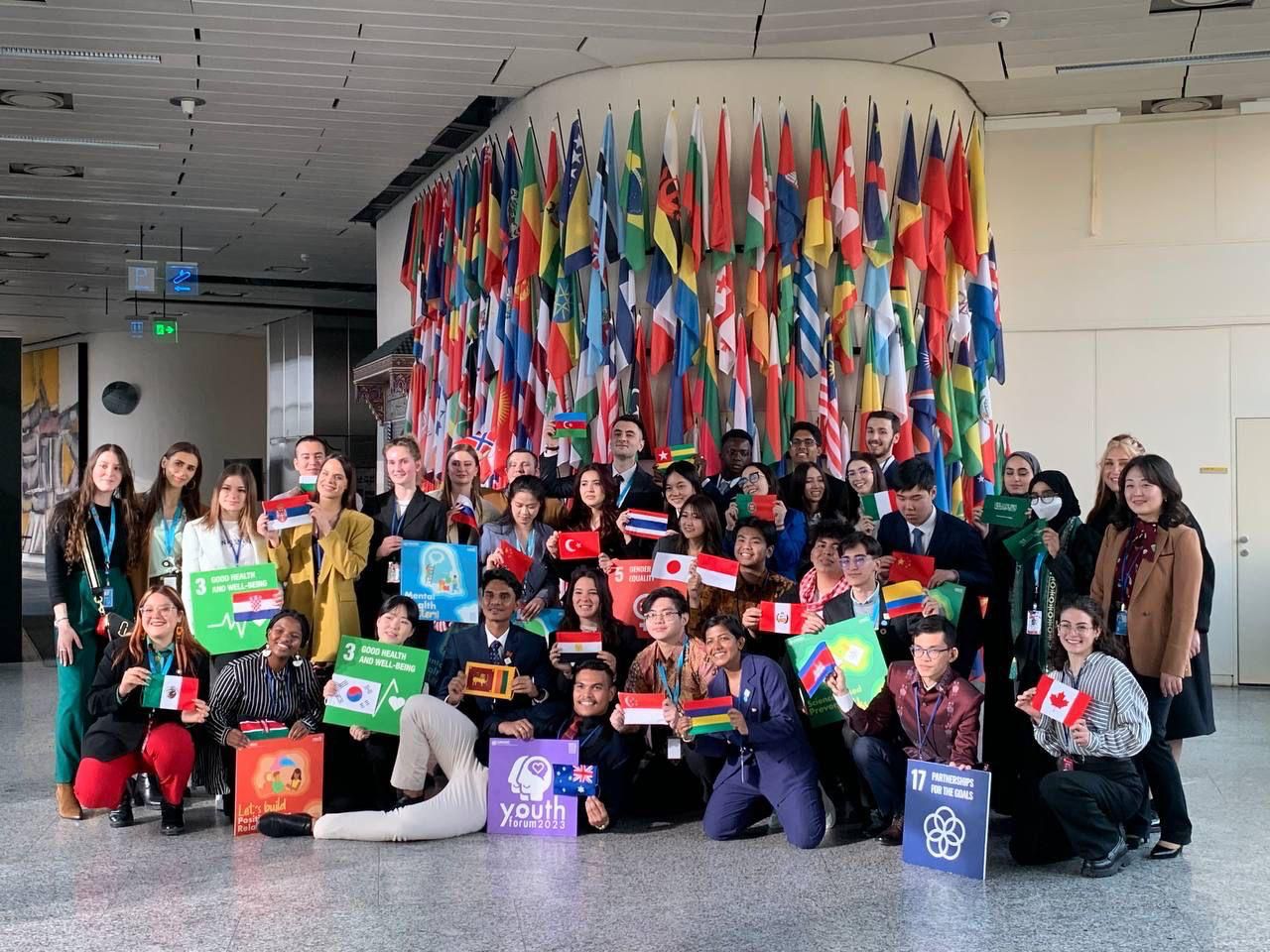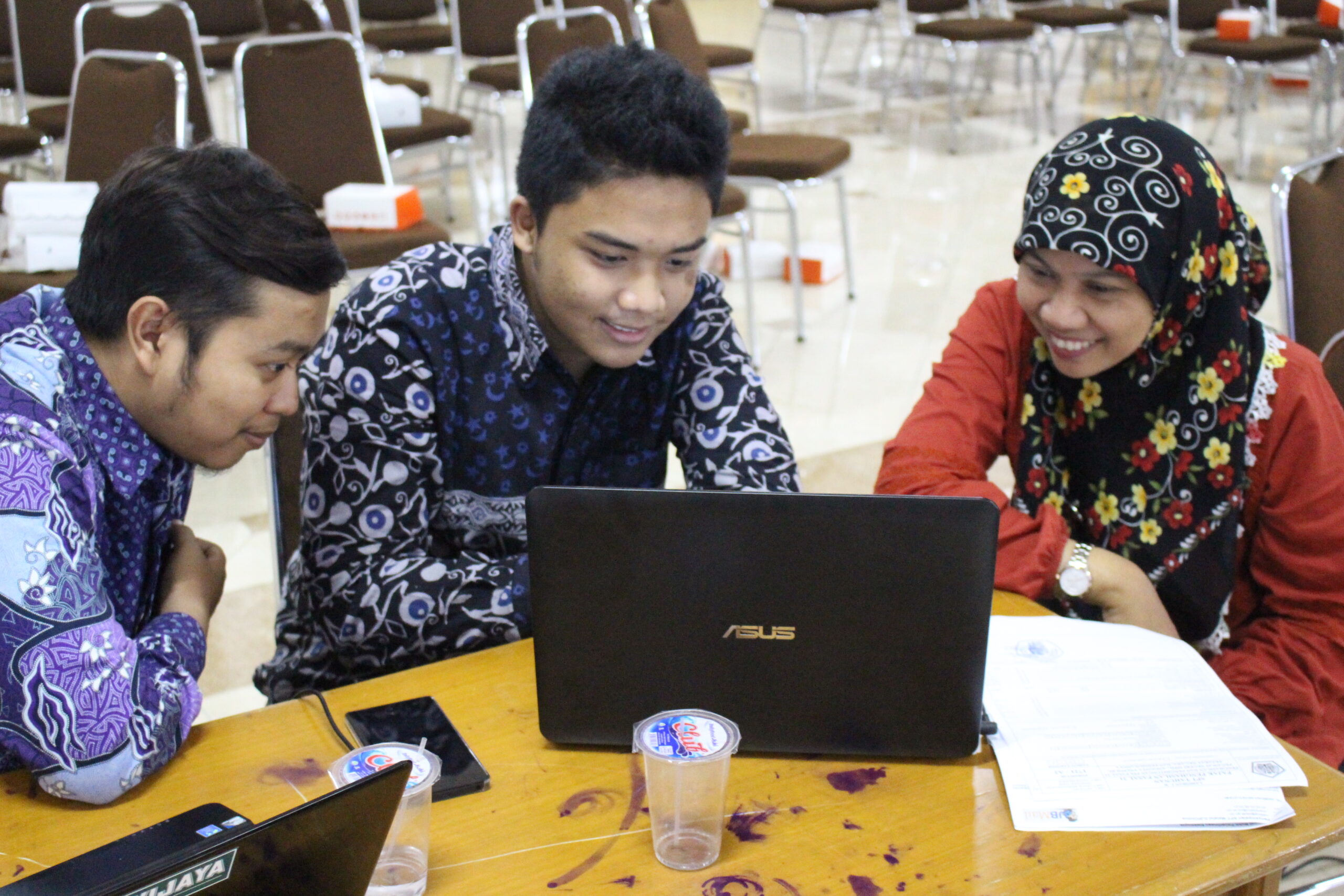The Politics and Governance Laboratory of the Faculty of Administrative Sciences, Brawijaya University (FIA UB) held a National Workshop discussing a debate that is still ongoing in the national political space, namely Law No. 22 of 2014 concerning the Election of Governors, Regents, and Mayors on Monday (1/12) yesterday. The laboratory, which is under the auspices of the Public Administration Department, presented competent figures to discuss this issue, including Abdul Hakim Naja (Chairman of the DPR RI Pilkada Bill Working Committee), Haryadi (Lecturer at the FISIP Airlangga University), and MR Khairul Muluk (Expert in Government Administration).
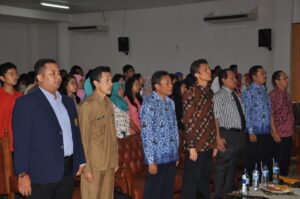
According to Prof. Bambang Supriyono, Dean of FIA UB, this event is very interesting and useful for students and anyone who follows developments regarding the procedures for Regional Head Elections (Pilkada). Although students at FIA UB are more educated to enter the level managerial approach, they also still have to know legal approach from the debate about this system to create a just and prosperous country. "Therefore, please explain from gentlemen which one is best in accordance with the essence of the people, for the people, and by the people," he said.
At the event moderated by Dr. Luqman Hakim, who is also the Head of the Bachelor of Government Administration Study Program, Haryadi explained more about the advantages of Direct Pilkada compared to Indirect Pilkada. According to the man who is also part of the Jokowi-JK Government Transition Team, direct regional elections fulfill the basic principles of democracy itself, namely the participation of the whole people in determining their own leaders. Meanwhile, Abdul Hakim Naja reviewed the journey of procedures for selecting and appointing regional heads in Indonesia since the Old Order era. According to the PAN faction member, indirect elections are not a violation of the constitution. In fact, in 1957, President Soekarno revoked the law regulating direct regional elections and replaced them with regional elections through people's representatives in the DPRD.
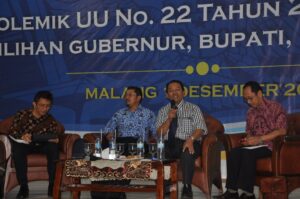
In the next session, MR Khairul Muluk revealed that Direct Pilkada had several weaknesses in its implementation, including cost inefficiency. From his observations, as much as 10-20% APBD was used only for regional head elections. Even in East Java, the last gubernatorial election cost up to IDR 1 trillion. Apart from that, local elite patronage is still very strong, namely absolute support from local or national elites accompanied by "bondage" or "compensation" for regional development projects if a candidate wins. Then, at this time, our voters still tend to be pragmatic, so direct regional elections are needed middle class which is sturdy. "In the past, I supported Direct Regional Elections, but looking at the latest developments, its implementation needs to be evaluated more deeply," added the man who also serves as Assistant Dean for Academic Affairs at FIA UB. (ALA/FIA)


